In the ever-evolving landscape of global trade, President Donald Trump's latest move to double tariffs on steel and aluminum imports from 25% to 50% has sent shockwaves through the international community. Announced at a rally in Pittsburgh, Pennsylvania—a city synonymous with America's steel heritage—this decision is yet another twist in Trump's unpredictable approach to tariffs since his return to office in January. While the move is framed as a means to bolster the local steel industry and reduce reliance on China, its implications stretch far beyond the borders of the United States.
The Promise of Revitalization
Trump's announcement was met with a mix of hope and skepticism. Speaking to a crowd of steelworkers, he painted a picture of revitalization, promising that the tariff increase would not only save jobs but also inject a much-needed boost into the struggling steel industry. "There will be no layoffs and no outsourcing whatsoever, and every US steelworker will soon receive a well-deserved $5,000 bonus," he declared, eliciting cheers and applause. This promise of financial reward and job security resonated deeply with the workers present, many of whom have faced uncertainty in recent years as the industry has declined.
Trump's rhetoric emphasized the importance of steel to America's industrial backbone. "If you don't have steel, you don't have a country. You don't have a country, you can't make a military," he quipped, highlighting the strategic significance of a robust domestic steel industry. For many in attendance, this was a powerful reminder of the industry's historical importance and its potential for resurgence.
The Role of US Steel and Nippon Steel
A key component of Trump's announcement was the proposed partnership between US Steel and Japan's Nippon Steel. He claimed that $14 billion would be invested in the area's steel production through this collaboration, though he later clarified that the final deal had yet to be seen or approved. This partnership, if realized, could mark a significant turning point for the American steel industry, which has been grappling with declining sales and profits in recent years.
US Steel, America's largest steel manufacturer, has long been a symbol of industrial might. However, its fortunes have waned in recent decades, overshadowed by competitors from China, India, and Japan. Trump's assertion that he had "saved" US Steel with the 25% tariffs imposed during his first term in 2018 is a contentious one. While the tariffs did provide some protection, the long-term sustainability of the industry remains in question.
The proposed partnership with Nippon Steel raises several intriguing possibilities. On one hand, it could bring much-needed investment and technological expertise to US Steel. On the other hand, it raises questions about ownership and control. Under the reported terms, US Steel would maintain ownership with American citizens on the board and in leadership positions. Additionally, the companies pledged not to cut production for a decade and granted the US government veto power over potential production cuts thereafter.
The Broader Implications
While the immediate focus is on the potential benefits for the American steel industry, the broader implications of Trump's tariff increase are far-reaching. Global trade has already been significantly disrupted by previous tariff actions, leading to economic chaos and strained relations between the US and its trading partners. The decision to double tariffs on steel and aluminum is likely to exacerbate these tensions.
China, the world's largest steel producer, has been a primary target of Trump's trade policies. Accusing China of violating a recent tariff truce reached in Geneva, Trump's administration has once again set the stage for a potential trade showdown. China's response, urging the US to "cease discriminatory restrictions," highlights the deepening rift between the two economic giants. This tit-for-tat approach has not only impacted bilateral relations but also created uncertainty in global markets.
Moreover, the US's reliance on steel imports from Mexico and Canada has been a source of frustration for Trump. Roughly a quarter of all steel used in the US is imported, with significant portions coming from these neighboring countries. The new tariffs could strain already delicate trade relations, potentially leading to retaliatory measures that would further disrupt supply chains.
The Tariff Court Battle
Adding another layer of complexity to this situation is the ongoing court battle over the legality of some of Trump's global tariffs. An appeals court recently allowed these tariffs to continue, despite an earlier order from the Court of International Trade to halt the taxes. While the steel and aluminum tariffs were not directly affected by this lawsuit, the legal challenges underscore the contentious nature of Trump's trade policies.
The View from the Ground
For those directly impacted by these decisions, the future is a mix of hope and uncertainty. JoJo Burgess, a member of the local United Steelworkers union and mayor of nearby Washington, Pennsylvania, expressed optimism about the reported partnership with Nippon Steel. He recalled the economic boon experienced after Trump's initial steel tariffs were implemented, hoping that this new initiative would help cultivate a new generation of steelworkers in the region.
Despite his reservations about Trump's overall policies, Burgess acknowledged the importance of leveling the playing field for American manufacturing. His perspective reflects a broader sentiment among many workers and local leaders who see the potential benefits of protectionist policies, even as they recognize the broader economic and geopolitical risks.
The Road Ahead
As the US prepares to implement the 50% tariffs on steel and aluminum imports, the path forward is fraught with challenges. The proposed partnership between US Steel and Nippon Steel offers a glimmer of hope for the industry's revitalization, but the legal and geopolitical hurdles cannot be underestimated. The potential for further trade disruptions, retaliatory measures, and ongoing legal battles looms large.
For the steelworkers of Pittsburgh and beyond, the promise of job security and economic revitalization is a powerful motivator. However, the long-term success of this initiative will depend on navigating the complex web of international relations, legal challenges, and economic realities. Trump's latest move is a bold gamble, one that could either breathe new life into America's struggling steel industry or plunge the global trade landscape into further turmoil.
The fate of the US steel industry and the broader global trade environment hangs in the balance. As stakeholders on all sides weigh the potential benefits and risks, one thing is clear: the coming months will be a critical period in determining the future of American manufacturing and its place in the global economy.
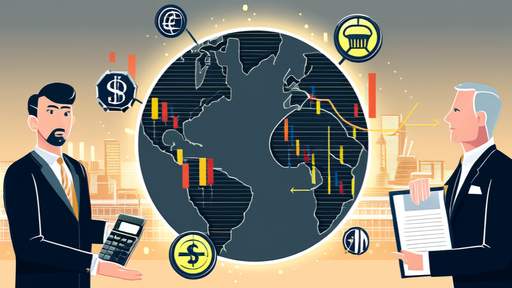
By Benjamin Evans/Jun 3, 2025

By Samuel Cooper/Jun 3, 2025

By Lily Simpson/Jun 3, 2025

By Eric Ward/Jun 3, 2025

By George Bailey/Jun 3, 2025

By Victoria Gonzalez/Jun 3, 2025

By Noah Bell/Jun 3, 2025

By Rebecca Stewart/Jun 3, 2025
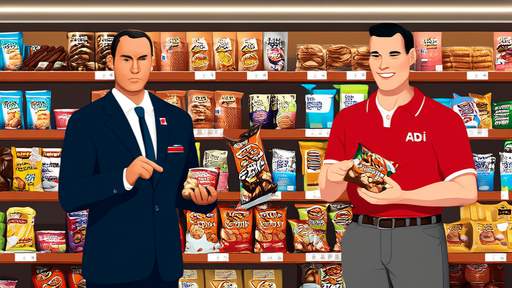
By Grace Cox/Jun 3, 2025

By John Smith/Jun 3, 2025

By Emma Thompson/Jun 3, 2025
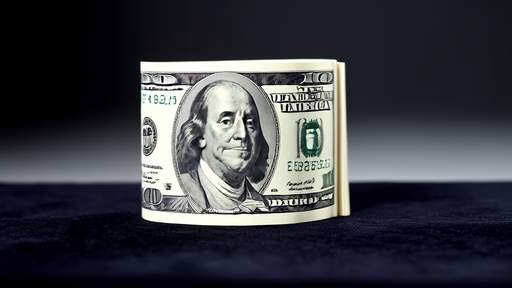
By Victoria Gonzalez/Jun 3, 2025
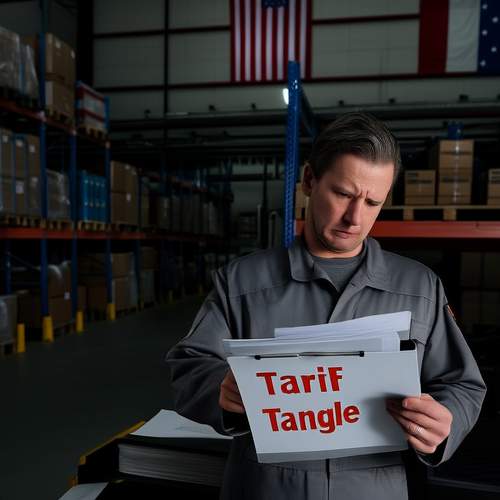
By George Bailey/Jun 3, 2025

By Samuel Cooper/Jun 3, 2025
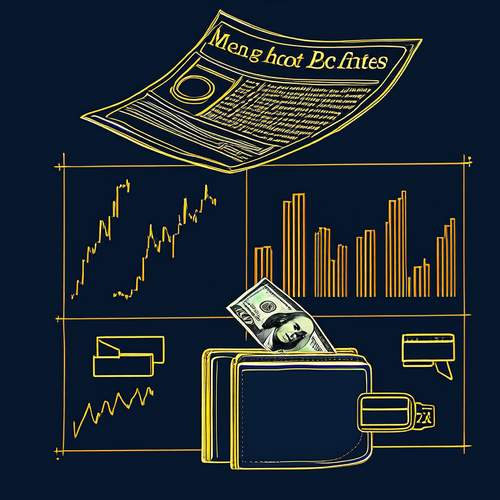
By Michael Brown/Jun 3, 2025
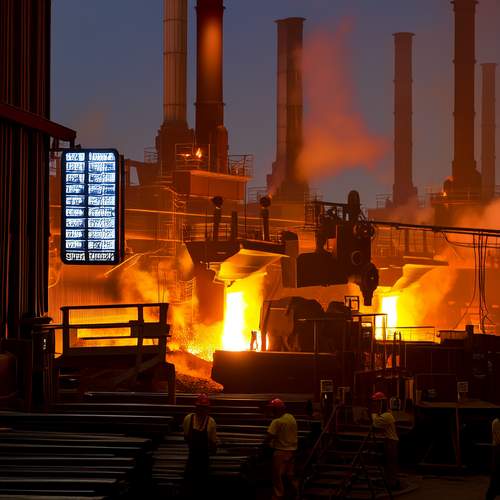
By Grace Cox/Jun 3, 2025
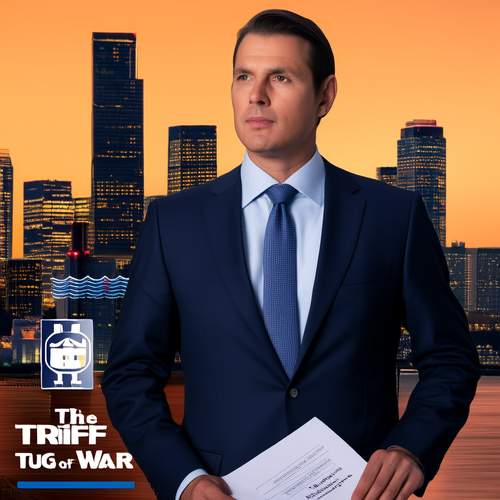
By Megan Clark/Jun 3, 2025
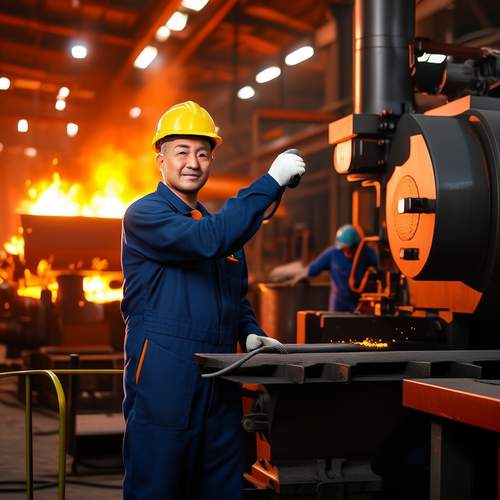
By Noah Bell/Jun 3, 2025
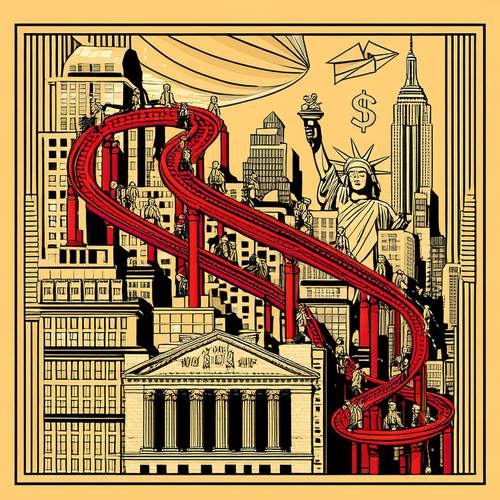
By Emma Thompson/Jun 3, 2025

By Rebecca Stewart/Jun 3, 2025